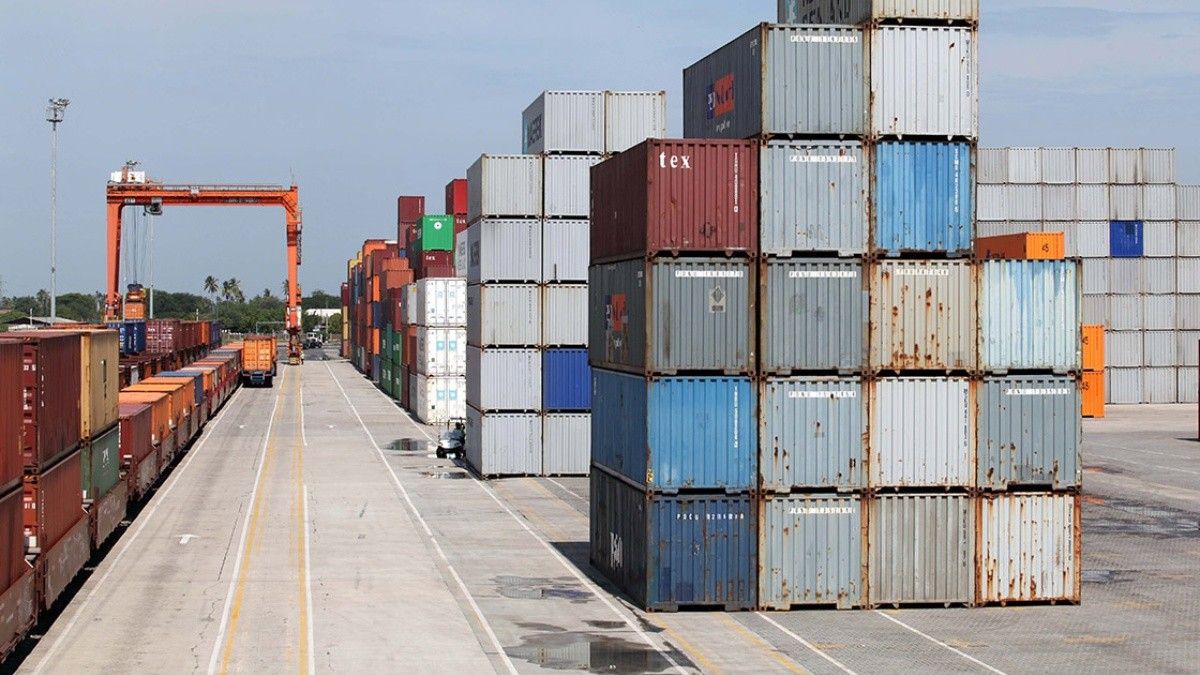The implementation money laundering for importers was published in the Official Gazette. This is General Resolution 5317 of the body led by Carlos Castagneto.
The special tax will be 5% if it is entered within 90 days of validity; 10% in the following 90 days; and 20% in the remaining 180 days, terms that run at the time of externalizing the funds.
The company will have to enter to the AFIP website to the service “Argentine Investment and Production Incentive – Law 27,679” and declare the money. The system will generate an Electronic Payment Flyer (VEP). You will have to deposit in a special bank account until the moment you use it to pay your foreign suppliers. In this way, it will not have to access the MULC and affect the BCRA reserves.
The AFIP established the following deadlines for the payment of taxes and the presentation of the corresponding sworn statement: March 1, for what was deposited up to that day; on May 30, for what was entered from March 2 to that date, and on November 26, for what corresponds between May 31 and November 24 of this year.
The mechanism seeks to alleviate the situation of the highly demanded exchange market for the importation of inputs and parts for production. Recurring complaints have been generated by business entities. It is estimated that in 2022 foreign payments of at least US$9 billion were “stepped on”. In the Central Bank it is called “commercial credit”, although it is strictly a forced operation.
The majority of foreign trade operates through the advance payment modality, Because it is usual that when a customer places an order with his supplier, he has just started to manufacture the requested item(s). On the other hand, in Argentina, According to the latest report from the Central Bank of the Exchange Balance, in November 93% of imports were processed through the deferred payment modality.
At the end of last year, the Government announced the change of the Integral Monitoring System (SIMI) with which it maintained control over the amount of dollars that left the country for foreign trade and replaced it by the Import System of the Argentine Republic (SIRA). From the official point of view, the new mechanism is much more orderly, although importers maintain their complaints.
SIRA is still in effect in 2023, but some Consultants are already raising doubts about whether the Government will be able to continue forcing the whole of Argentine foreign trade to operate in terms of up to 180 dayssomething that does not happen anywhere.
The consultant Ecolatina wonders in its latest report: “How long can they continue postponing pending import payments?” The consultant points out that “in this scenario, the start-up of the NK gas pipeline emerges essential to reduce payments for energy imports prior to the winter season”.
Source: Ambito
David William is a talented author who has made a name for himself in the world of writing. He is a professional author who writes on a wide range of topics, from general interest to opinion news. David is currently working as a writer at 24 hours worlds where he brings his unique perspective and in-depth research to his articles, making them both informative and engaging.




